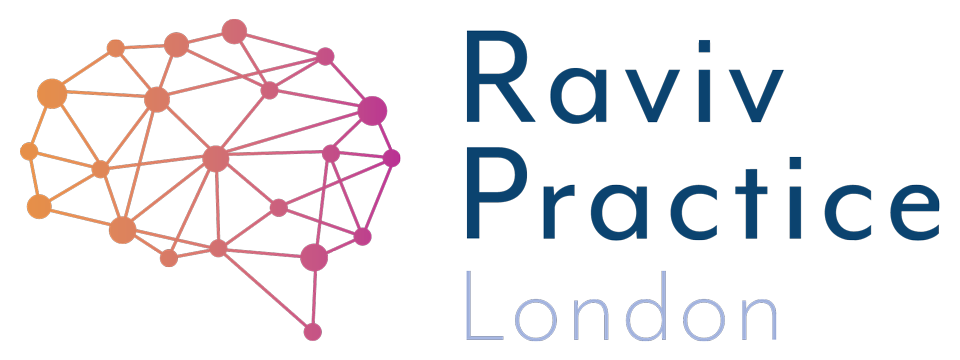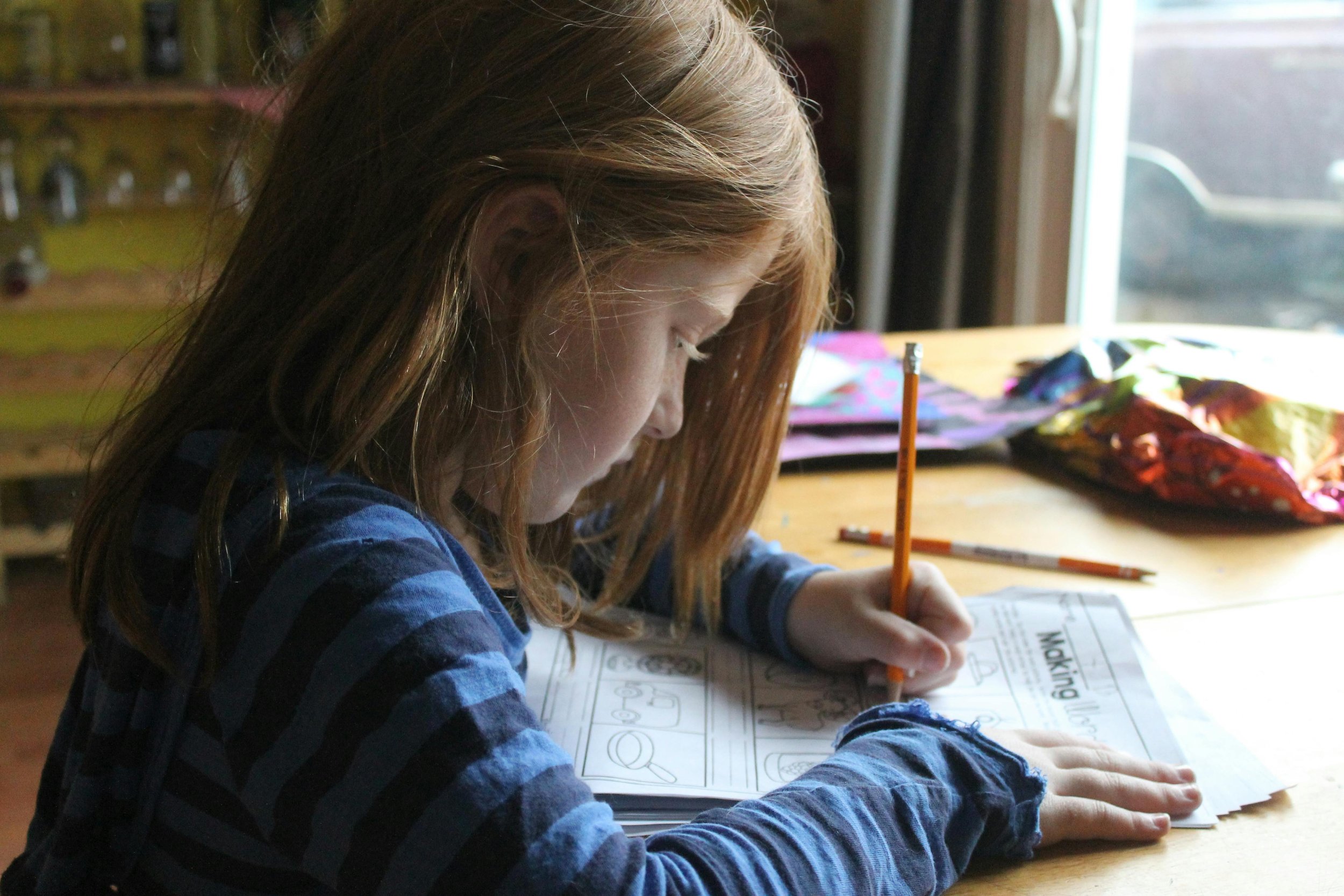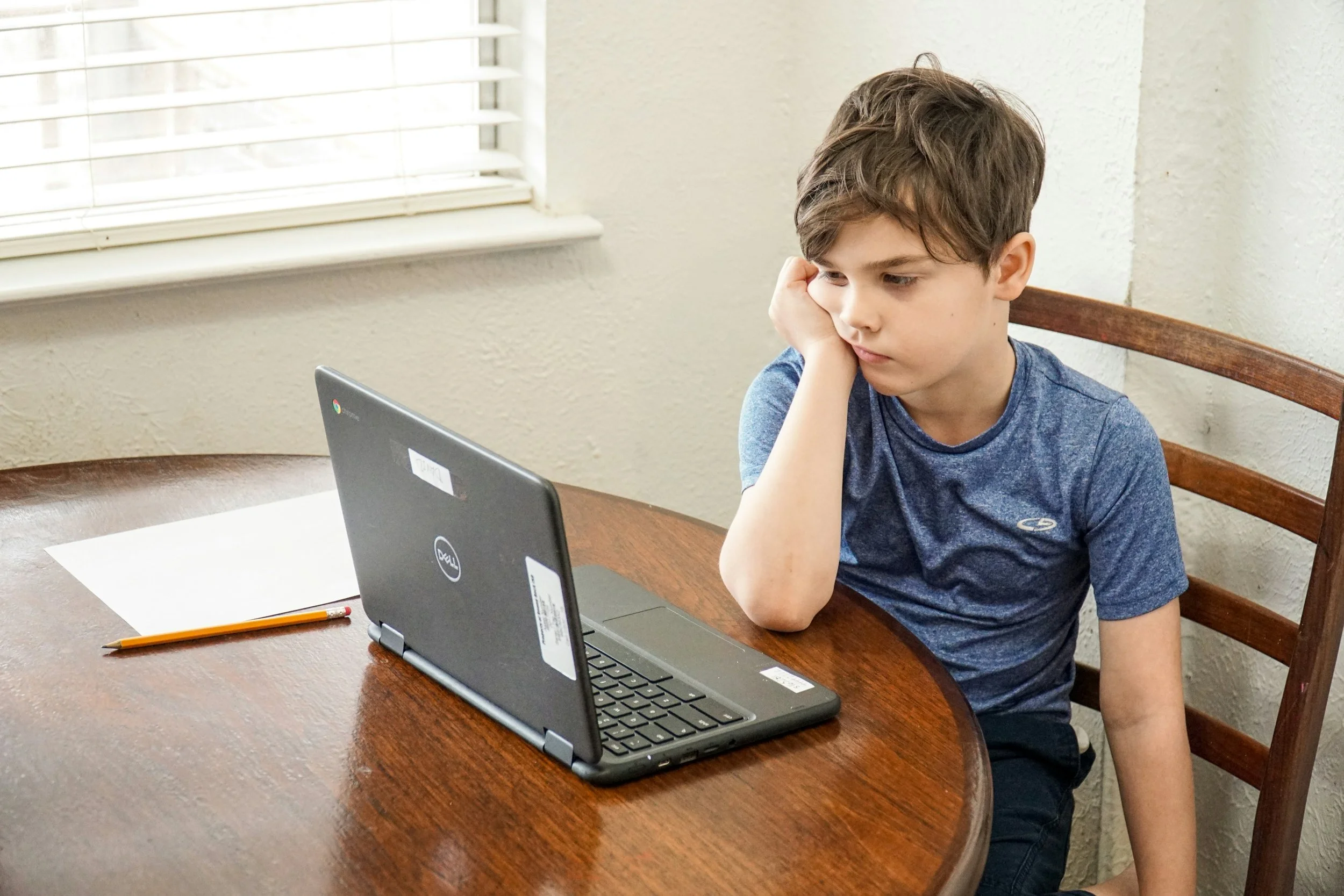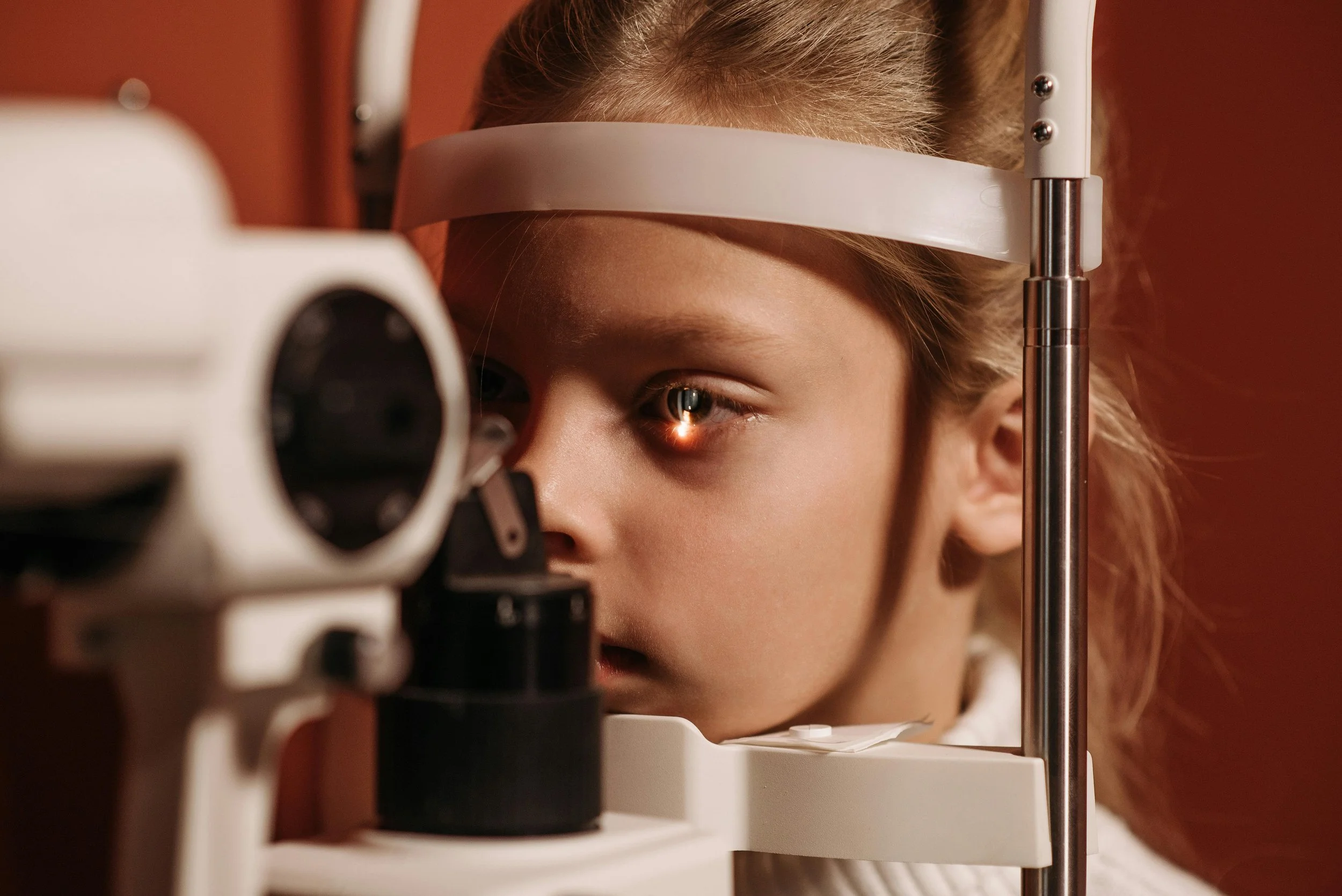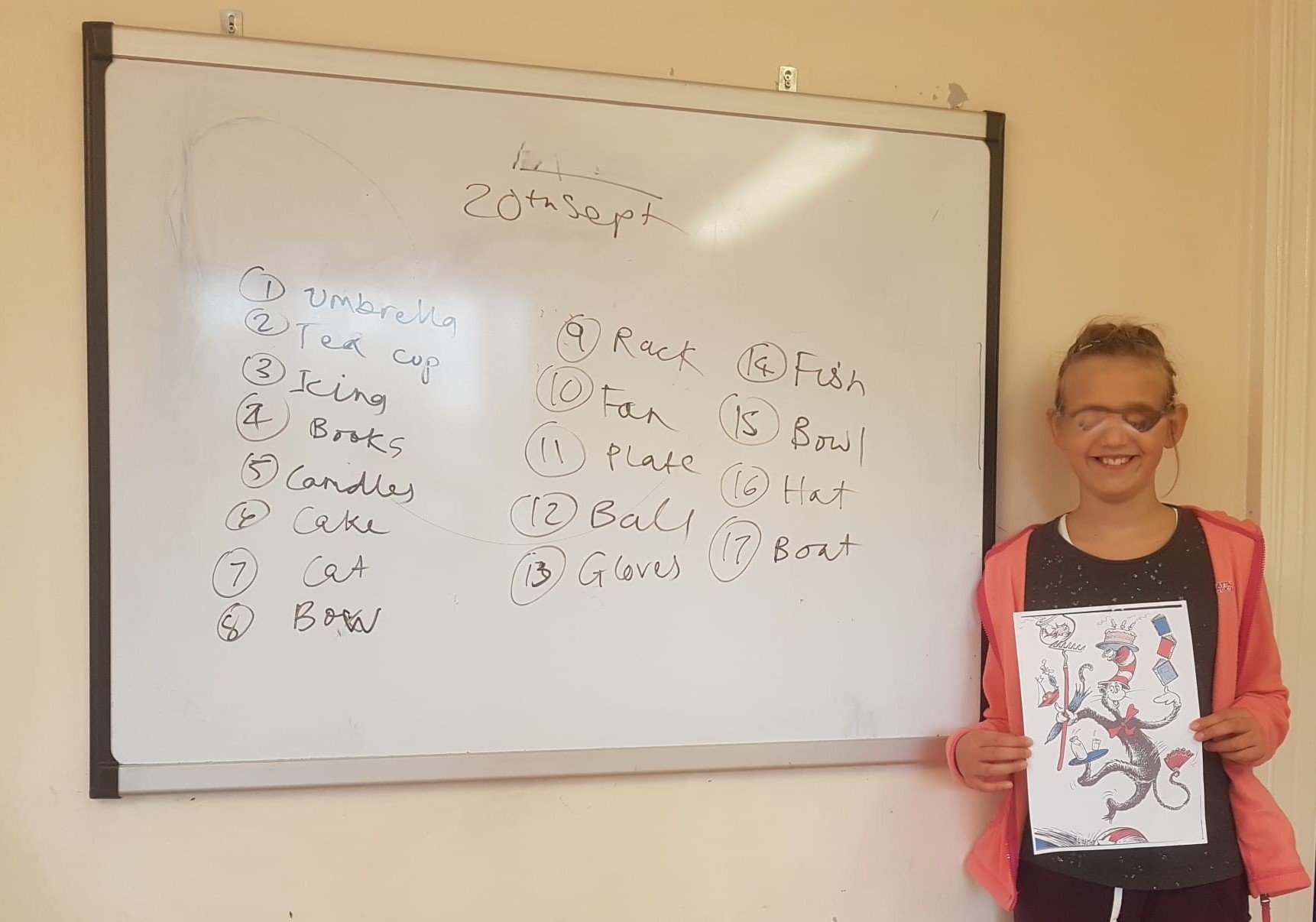
Blog
Usha Patel, Neurocognitive Therapist and Director of Raviv Practice London shares her first-hand experience of working with children /adults and the latest research and upcoming events in her series of blog posts.
The hidden reflex that may be making dyslexia worse.
While dyslexia is often thought of as a language-based problem in which speed, auditory processing, and working memory affect academic performance, there are other factors to consider that many parents don't think about.
Why some children can't sit still: a nervous system perspective
This behaviour is often misunderstood as inattentiveness, hyperactivity, or lack of discipline.
In my therapy work, however, I frequently see something very different.
My child with Autism hates hand dryers.
Many parents with children with Autism worry about taking their child to new places for fear of using the public toilets and the anxiety created by automatic hand dryers.
Why all children with ASD need reflex integration therapy
Discover how retained primitive reflexes impact children with autism and why reflex integration is essential for emotional regulation and learning.
What is the normal speed children should read at?
Parents often ask me whether their child is reading at the “right” speed. Some children read accurately but very slowly, others rush through text with little understanding, and many become anxious or fatigued when asked to read aloud.
How nasal breathing helps children sleep better and improve brain function
Good Sleep is essential for children. During a good restorative sleep, children grow, consolidate memories, and recharge, ready for the next day. Yet, many children struggle to get quality sleep each night.
A factor that often influences sleep quality is how your child breathes while sleeping.
When bright children have convergence insufficiency
A parent came to me about their child's maths, and specifically the daily Kumon papers. The parent reported that the work starts accurately but declines towards the end.
It didn't make sense to the parent nor to me. Kumon relies on repetition to build stamina.
Why Cogmed Working Memory Training supports children with dyslexia
Do you have difficulties getting your child up in the mornings? Knowing that your child may not be getting sufficient sleep is worrying.
Sleep is a vital process for children, especially regarding memory consolidation.
Why does my child make spelling mistakes when copying from a textbook?
Is your child bright and creative but still struggles to copy text or spell correctly? It may not be laziness, eye tracking challenges and unintegrated reflexes could be to blame. Learn how to spot the signs and what developmental therapies can do to help.
Bridget Jones: Mad about the boy (an ADHDer?)
Is Bridget Jones just disorganised, or does her chaos reflect something deeper? Watching "Mad About the Boy" through the eyes of a neurocognitive therapist reveals telltale signs of undiagnosed ADHD that many women live with every day.
Will my daughter grow out of her dyslexia and dysgraphia diagnosis?
Many parents ask if children diagnosed with dyslexia and dysgraphia will eventually outgrow these learning differences. While these conditions don’t disappear, early intervention, therapy, and assistive technologies can help children build skills, adapt, and thrive through school and beyond.
Interactive metronome: frequently asked questions (FAQ)
Interactive Metronome (IM) is an evidence-based programme that trains the brain's internal timing system to improve attention, coordination, and self-regulation.
Does your child use both hands on the handrail when climbing up or down the stairs?
If your child climbs stairs using both hands on the rail or shows clumsy movement, it may point to retained reflexes or missed developmental stages. Discover why this happens and how to support smooth, confident movement.
Is striving for perfection something children should avoid?
In an early conversation with the father of one of my students, he mentioned that his son, James, always wanted things to be perfect. Perfectionism was a crippling trait for James, who suffered from several co-existing conditions of; dyscalculia, dyslexia and developmental coordination disorder (DCD).
Why is my child always so slow at everything?
Does your child seem to do everything at half the speed of their peers? From daydreaming to struggling with handwriting or reading, slow processing speed might be to blame. Discover what’s behind the delays and how innovative tools like Interactive Metronome® can help your child catch up.
Does my child have attachment disorder?
Jake wouldn’t speak at nursery, yet was loud and demanding at home. His story reveals how early experiences, even in the womb can affect bonding and emotional safety. Discover how the Safe and Sound Protocol helped him begin to heal.
How much sleep should your child get?
Putting your child to bed doesn’t mean they’ll fall asleep right away. Discover how many hours of sleep your child actually needs, why breathing patterns matter, and how a simple bedtime technique can help them relax, breathe better, and fall asleep with ease.
How to help children with Autism and AuADHD
Autistic Spectrum Disorders can vary greatly, and children will need to be diagnosed by a medical professional. More confusing is if that child has two or more co-existing conditions such as ADHD and Autism. AuADHD is the abbreviation for an individual with both of these conditions.
Helping your child through GSCEs
Supporting your teenager through GCSEs can feel overwhelming, especially if they have neurodiverse needs. Learn how neuroscience-based programs and targeted strategies can enhance memory, focus, and exam confidence to help your child succeed.
Unlocking potential: the transformative power of working memory training
A 14-year-old student struggling academically due to working memory deficits saw remarkable improvement after COGMED training. Targeted working memory exercises help children focus, retain information, and build confidence.
